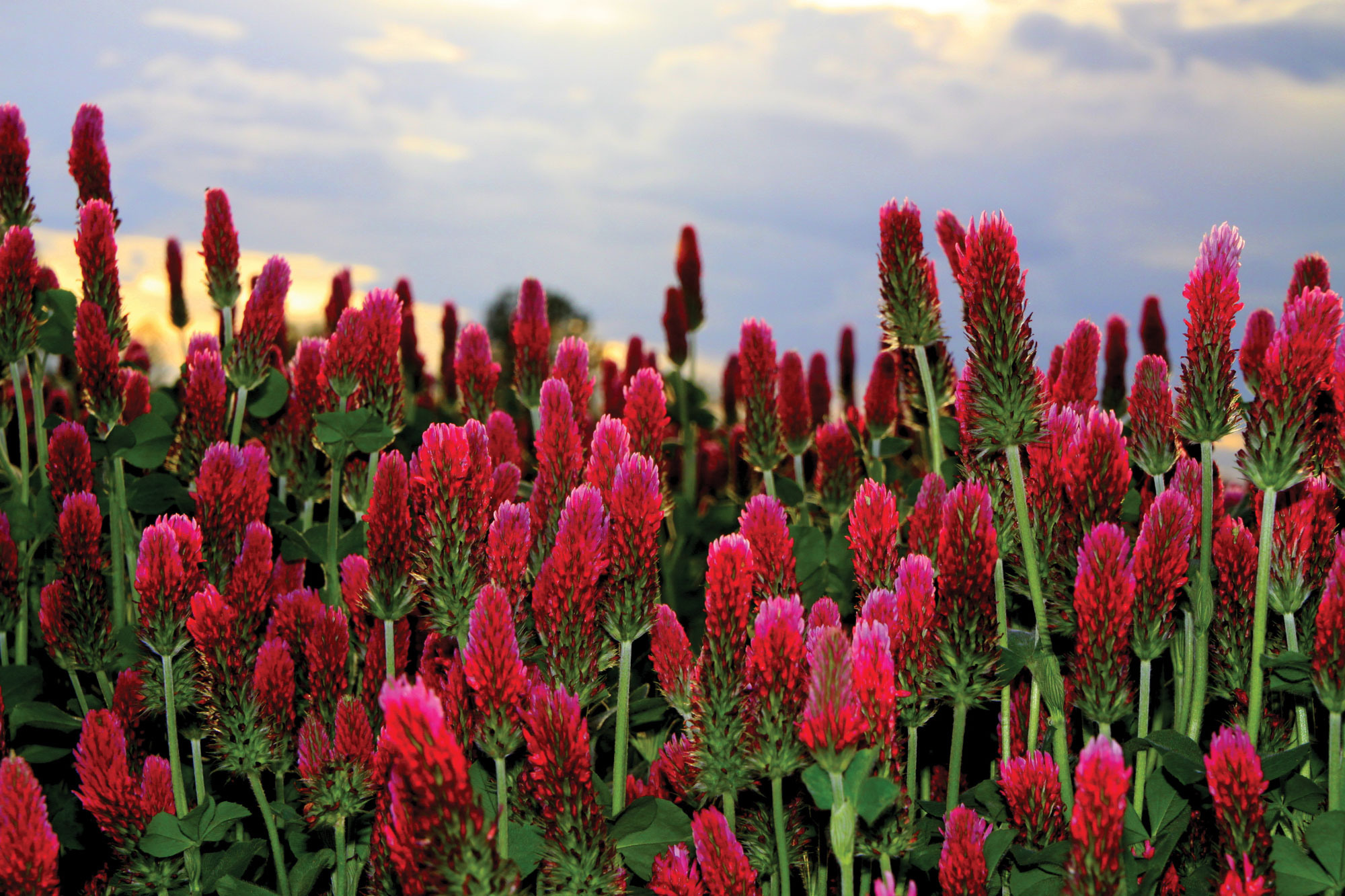
Farmers Needed for Missouri Strip Trial Program
May 12, 2017
Written By Linda Geist
Ten years ago, not many farmers were talking about cover crops.
That is not the case now, says Greg Luce, University of Missouri Extension corn specialist and research director for the Missouri Soybean Association and the Missouri Soybean Merchandising Council. He invites farmers to take part in MU’s Missouri Strip Trial Program, which focuses on cover crops and other agronomic comparisons.
In the 1980s, some farmers began adopting no-till principles. They also began planting cover crops. Many stuck with no-till. Few stayed with cover crops.
The use of cover crops is more mainstream now, but research continues on the best way to use them.
MU Extension conducts strip trial research on cover crops. Strip trials are multiple long strips laid out side-by-side in a field. Researchers and growers compare different management practices on each strip. They use in-season aerial imagery and GPS-referenced yield monitor data to compare different cover crop treatments.
Luce gave a report of last year’s strip trials at a recent meeting of certified crop advisers in St. Joseph. He says consistent yield gains have been “elusive.” Cover crops protect soil from erosion and provide weed control in crops. Soybean generally has responded more positively than corn in early trials, but it can work well with both crops. Cover crops also appear to be a good way to manage mare’s tail and winter annual weeds, he says. Early termination of cover crops proved to be effective.
Many questions remain to be answered. When should growers terminate cover crops for best results? Is erosion control or long-term soil health the biggest benefit of cover crops? Are cover crops giving up nitrogen or tying it up in the soil? These are some of the questions researchers working with MU Extension’s Strip Trial Program hope to answer, Luce says.
The grower-based program helps farmers and crop advisers compare on-farm management decisions and practices in a low-cost, low-risk setting. Luce and other researchers use on-farm and field-scale research to provide growers with farm-specific data to guide decisions, evaluate management practices and improve their bottom line.
The strip trial program needs participants for the 2017 trials. Strip trials were conducted at 40 locations last year. This year, cover crop trials will focus on yield impact to corn and soybean, optimum termination dates, ILeVO soybean treatment, fine-tuning phosphorus requirements and optimum nitrogen timing for corn.
Farmers use their own equipment or that of their commercial applicator. They work with their choice of an MU Extension specialist or other crop consultant. The specialist or consultant guides them through the process. At the end of the season, growers receive personalized, confidential evaluations of their trial.
How the Program Works
Strip trials are just as they sound, multiple long strips laid out side-by-side in a field that have different management practices, also called treatments. The treatment “strips” are created using a grower’s own equipment.
Individual results are compiled into a personalized report for each participating farmer. Growers will also have access to aggregated results from trials in their area and across the state to evaluate the effectiveness and the economic pros and cons of the different management practices.
Each farmer’s results are kept strictly confidential. Statewide and regional results will be summarized for outreach purposes and to highlight and promote existing farm practice advancements and best management practice adoption in Missouri.
The program tools and personalized summary report are available at no cost for Missouri growers involved in the strip trial program.
For more information on cover crops, Luce recommends the Midwest Cover Crop Council website, www.mccc.msu.edu, and MU Extension’s cover crop resource guide at crops.missouri.edu/covercrops.
Missouri Corn Growers, the Missouri Soybean Merchandising Council and their checkoff programs sponsor the MU Extension Missouri Strip Trial Program.
Go to striptrial.missouri.edu for more information or contact Luce at [email protected] or 573-473-7079.
Four Steps for On-Farm Research Success
The following suggestions should help in planning on-farm replicated strip trials.
- Keep it simple — Compare only two or three treatments in a single replicated strip trial. Too many treatments applied by wide equipment will limit the number of replications within a field.
- Replicate treatments — Replicate each treatment a minimum of four times in the trial. Avoid placing treatments in headlands that typically have increased traffic, pest infestation or the potential for soil compaction.
- Keep other management consistent — Keep all other management practices, except those used in treatments, the same within the replicated strip trial area. This includes using the same hybrid or variety, seed treatments, planting dates, harvest dates, weed or pest management, etc.
- Avoid bias — Use randomization whenever possible and use personal knowledge of within-field variability or within-field management history to reduce the chance of all experimental units with the same treatments being located within the same spatial patterns of previous management, drainage tiles or trials from previous years.

